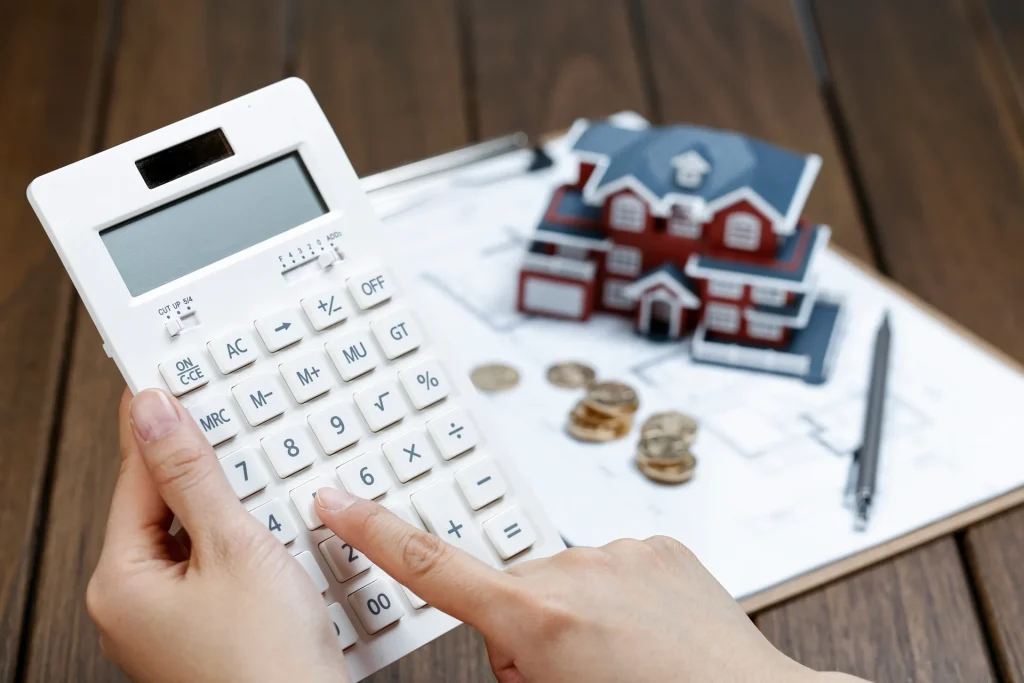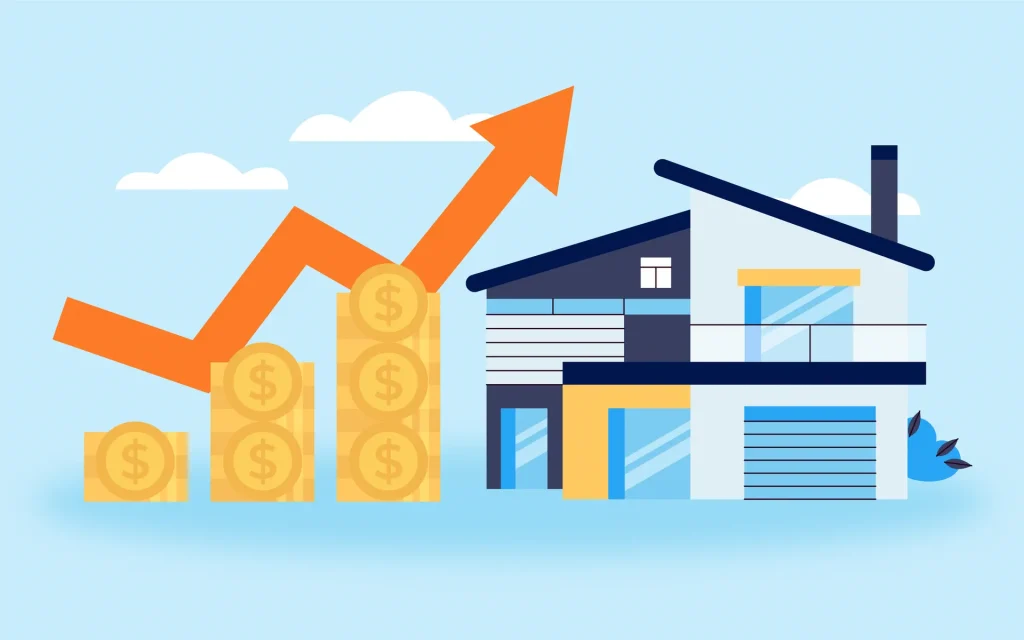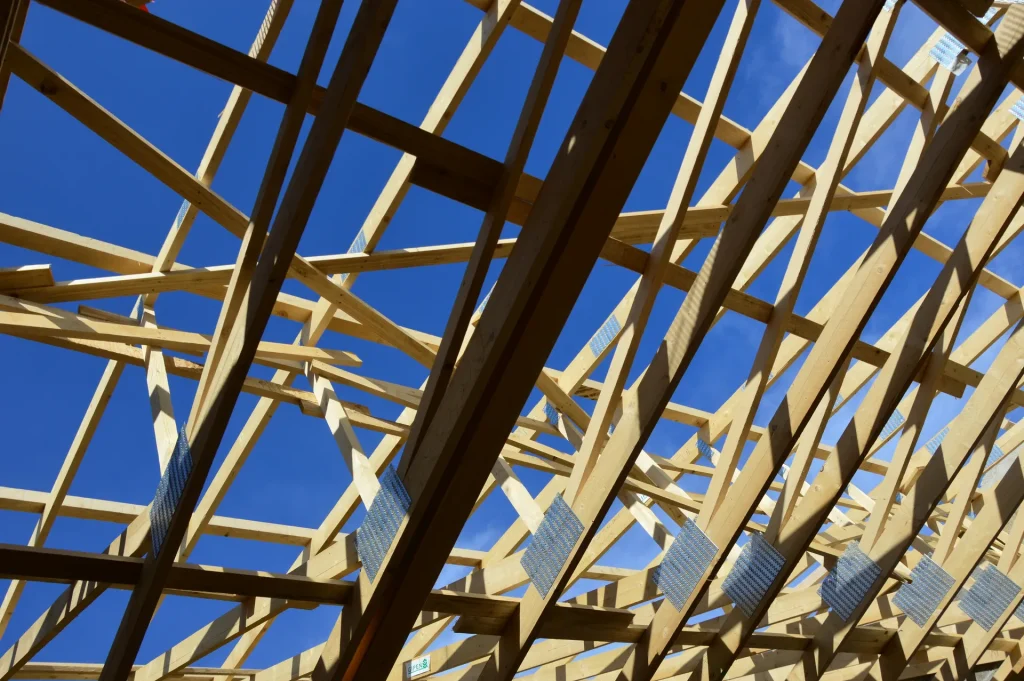A surge in new listings would normally cool the market – but this time, buyers are snapping up good homes faster than they’re appearing.Australia’s median property price rose 1.1% in October – the strongest monthly gain since mid-2023 – and is now up 2.8% over the quarter. Every capital city recorded growth, with five hitting new highs, according to Cotality.At the same time, SQM Research reports a sharp lift in stock: total listings rose 10.9% in October and new listings jumped 18.2%. Normally, that much fresh supply slows price momentum. This time it hasn’t. What’s really happeningBuyer demand is running ahead of supply, even with more homes coming to market. Rate cuts earlier this year have boosted confidence and borrowing power, so well- located homes are still seeing quickly.What smart buyers are doing right nowInstead of waiting for conditions to cool, buyers are:Getting pre-approval earlier so they can move fast when the right home appears.Expanding their search radius into neighbouring suburbs.Stress-testing their budget at higher rates to avoid overstretching.If you want to stay competitive while prices are climbing, I can help you understand your borrowing power and compare lenders before you start making offers.Need a home loan? Let’s chat.Hit the button below to arrange a conversation with one of my loan specialists to find a deal that's best for your situation. Chat to us today We partner with over 50 lenders so you can find the perfect solutionFollow Facebook Linkedin Do you have questions about mortgages or loans?Ask us in the comments below … [Read more...] about More homes for sale, but prices rising
Big boost for first home buyers
The 5% Deposit Scheme has quietly become one of the most powerful tools first home buyers have – and the latest expansion is a genuine game-changer.From 1 October, the scheme now offers unlimited places and no longer has income caps. Eligible buyers can purchase with just a 5% deposit and avoid the large cost of lenders’ mortgage insurance (LMI), provided the property sits under your location’s price cap (from $500,000 in regional South Australia up to $1.5 million in Sydney).The interesting shift isn’t just the expanded access – it’s how it’s expected to reshape competition. Without income caps, higher-earning couples who were previously excluded can now enter popular markets, which may push more demand into price ranges just under the caps. What this means in practiceMore buyers competing for townhouses and units in suburbs close to cap thresholds.Fast-moving markets, as buyers with small deposits can now act sooner.Larger borrowing amounts, because deposits are smaller and LMI isn’t required.Think before using the schemeThink before using the schemeEven though the deposit hurdle is lower, your long-term repayment comfort still matters. A higher loan balance means repayments need to fit safely within your budget and buffers.If you want to check whether you're eligible - or see what your repayments might look like under the scheme - I can run the numbers for you.Check your 5% deposit optionsHit the button below to arrange a conversation with one of my loan specialists to find a deal that's best for your situation. Chat to us today We partner with over 50 lenders so you can find the perfect solutionFollow Facebook Linkedin Do you have questions about mortgages or loans?Ask us in the comments below … [Read more...] about Big boost for first home buyers
Refinancing surges as borrowers chase better deals
A record number of Australians are switching lenders – and for good reason.ABS data shows external refinances in the September quarter climbed 25.2% on last year and hit an all-time high. This isn’t happening because borrowers are restless – it’s happening because the savings are too big to ignore.Lenders have been adjusting pricing unevenly after recent rate cuts. Some have passed on reductions in full, while others have made smaller movements. That means two borrowers with the same loan size can now be paying vastly different amounts each month.What’s driving borrowers to switchBorrowers coming off older fixed rates or legacy variable rates are seeing meaningful savings. Even a reduction of 0.30 to 0.50 percentage points can free up thousands per year.Three tips before you consider refinancingNew-to-bank offers are often sharper than existing-customer rates.Some lenders are repricing quickly, so some deals don’t last long.Make sure your loan matches your financial goals – it’s not always about the lowest rate or fees.If you’re wondering how much you could save by switching, I can compare lenders for you, while ensuring your new loan is in line with your strategy and goals.Compare your rate to today’s marketHit the button below to arrange a conversation with one of my loan specialists to find a deal that's best for your situation. Chat to us today We partner with over 50 lenders so you can find the perfect solutionFollow Facebook Linkedin Do you have questions about mortgages or loans?Ask us in the comments below … [Read more...] about Refinancing surges as borrowers chase better deals
Rate cuts easing repayment pressure
Good news if your budget’s been under pressure – mortgage interest charges are finally moving in the right direction.The Australian Bureau of Statistics reports mortgage interest costs dropped 1.4% in the June quarter and another 3.8% in the September quarter, helped by three rate cuts earlier this year.How borrowers are taking advantage of lower ratesRebuilding savings buffers. A small monthly lift can add up fast.Putting extra into their loan. Helpful while rates settle into a new range.Reviewing their loan. There are big differences between some lenders. Why this mattersEven though rates have fallen, you might still be on a loan priced for old conditions. Lenders are shifting sharply right now, and the ‘lazy tax’ can creep in if you stay put without checking.A quick check can show where you standIf you want to see whether your rate is still competitive, I can review it quickly and show you what your savings might look like if you stayed, renegotiated or switched.Compare your rate to today’s marketHit the button below to arrange a conversation with one of my loan specialists to find a deal that's best for your situation. Chat to us today We partner with over 50 lenders so you can find the perfect solutionFollow Facebook Linkedin Do you have questions about mortgages or loans?Ask us in the comments below … [Read more...] about Rate cuts easing repayment pressure
Buyers turning to new builds as affordability shifts
With established property prices climbing, more Australians are finding better value in building. This is reflected in new data from the Housing Industry Association (HIA), which shows new home sales rose 25.9% in September and 4.0% over the quarter.HIA chief economist Tim Reardon said lower interest rates, government incentives and rising property prices have made building comparatively more affordable. In many areas, construction now stacks up better than buying an existing home.Financing a build comes with different challenges – progress payments, loan approvals and cost variations all need careful planning. While building can offer long-term value and access to incentives, managing cash flow and unexpected costs can be tricky. Five tips for financing a new home buildSet a clear budget – include a 10–15% buffer for unexpected costs.Secure pre-approval early – it defines your borrowing power and helps you plan your build with confidence.Understand your loan – funds are released in stages, so know when payments occur.Plan for cash flow – you may have to pay rent or a mortgage while building.Stay in touch – advise your lender quickly if costs or plans change.Thinking about building? Let’s chat about your finance options before you start comparing floor plans.Plan your build budgetHit the button below to arrange a conversation with one of my loan specialists to find a deal that's best for your situation. Chat to us today We partner with over 50 lenders so you can find the perfect solutionFollow Facebook Linkedin Do you have questions about mortgages or loans?Ask us in the comments below … [Read more...] about Buyers turning to new builds as affordability shifts
Bank branch closures drive record broker demand
If you’ve noticed fewer bank branches in your neighbourhood lately, you’re not imagining it – and you’re certainly not alone in looking elsewhere for help with your finances.The number of bank branches across Australia has fallen sharply, down 5% over the past year and a staggering 33% over the past five years, according to Canstar analysis of official banking data.As banks move online, many borrowers are turning to mortgage brokers for personalised guidance that big institutions can no longer provide in person. With most transactions now handled digitally – from opening accounts to applying for loans – fewer people are visiting branches at all. Instead, borrowers are seeking the human support they once got over the counter from brokers who can meet face-to-face or online, explain complex lending options, and guide them through the process from start to finish. It’s little wonder brokers are now responsible for a record 77.6% of all new home loans, up from 67.2% just two years ago, according to Cotality research. Unlike banks, brokers can compare dozens of lenders to help you find a loan that genuinely suits your needs.Importantly, as part of the Best Interests Duty, brokers are legally required to act in your best interests – something banks don’t have to do. So as the traditional branch network continues to shrink, more Australians are choosing brokers for expert guidance, wider choice and a service that puts them first.Please reach out if you’re thinking about buying a property or refinancing an existing loan, so I can compare the market for you and manage your application.Need a home loan? Let's chat.Hit the button below to arrange a conversation with one of my loan specialists to find a deal that's best for your situation. Chat to us today We partner with over 50 lenders so you can find the perfect solutionFollow Facebook Linkedin Do you have questions about mortgages or loans?Ask us in the comments below … [Read more...] about Bank branch closures drive record broker demand
Homes taking slightly longer to sell — but prices staying firm
Selling conditions in Australia’s housing market have shifted slightly, with properties spending a little longer on the market – but sellers are still achieving strong results.New data from Cotality shows that the median time to sell a home by private treaty rose to 30 days in the September quarter, up from 27 days a year earlier. A longer selling time typically signals a dip in buyer urgency. However, the median vendor discount – the gap between a home’s listing price and its final sale price – narrowed from 3.3% to 3.2%, suggesting buyer activity remains firm and sellers are still in a strong position.For buyers, this combination of slower sales and firm prices means the market remains competitive, yet there’s still room to negotiate. To find a good home at a fair price, consider the following:Get your finances ready. – Secure pre-approval so you can act quickly when the right property appears.Know the market. Research recent comparable sales to understand what homes are really worth.Be realistic. Aim for value rather than chasing bargains in a competitive market.The best buyers in this market are the ones who’ve done their homework – and have their finance lined up before they start looking.Get pre-approved and be ready to move fast.Hit the button below to arrange a conversation with one of my loan specialists to find a deal that's best for your situation. Chat to us today We partner with over 50 lenders so you can find the perfect solutionFollow Facebook Linkedin Do you have questions about mortgages or loans?Ask us in the comments below … [Read more...] about Homes taking slightly longer to sell — but prices staying firm
Comparison rates explained — and why they matter
When comparing home loans, it’s easy to focus on the headline rate – but that number doesn’t tell the full story. The comparison rate shows the true cost once most fees are included.Here’s how it works:Interest rate – what you’re charged on the loan balance.Fees – upfront, ongoing or annual costs added in.Comparison rate – combines both, giving a clearer picture of what you’ll actually pay. While Lender A appears cheaper, Lender B may cost less overall.Keep in mind: comparison rates are based on a $150,000 loan over 25 years. Most home loans are much larger and longer, so treat the rate as a guide – not a guarantee.Want to know which loan suits your unique situation? Let’s compare your options side-by-side.Rates, prices and lending policies are shifting – so now’s a smart time to check your finance. If you’re planning to build, buy or refinance, let’s make sure your loan is set up for what’s ahead.Need a home loan? Let's chat.Hit the button below to arrange a conversation with one of my loan specialists to find a deal that's best for your situation. Chat to us today We partner with over 50 lenders so you can find the perfect solutionFollow Facebook Linkedin Do you have questions about mortgages or loans?Ask us in the comments below … [Read more...] about Comparison rates explained — and why they matter







